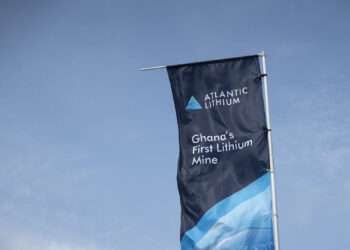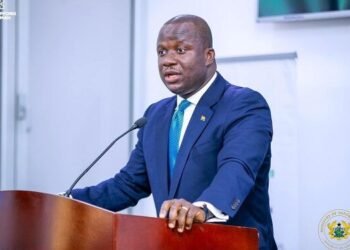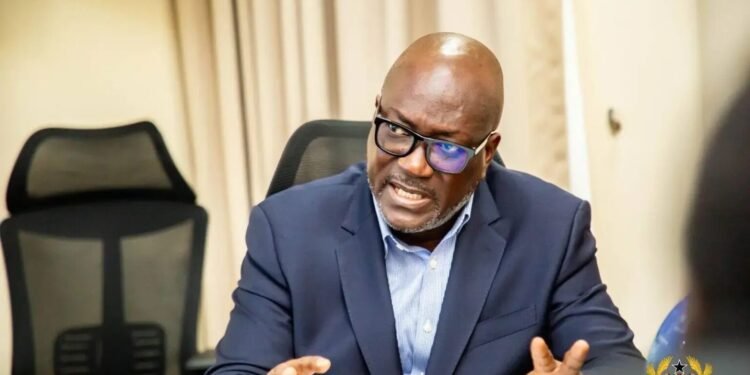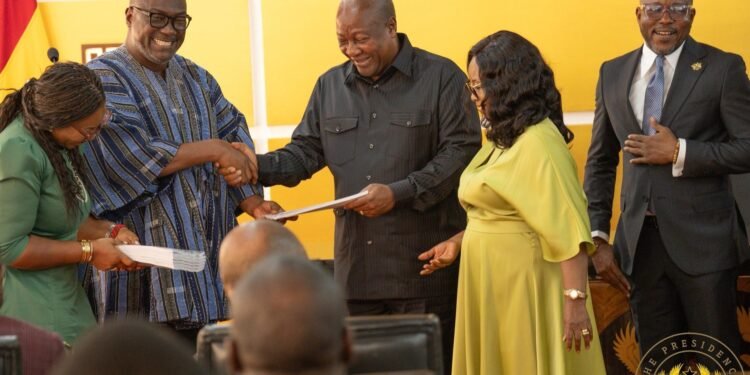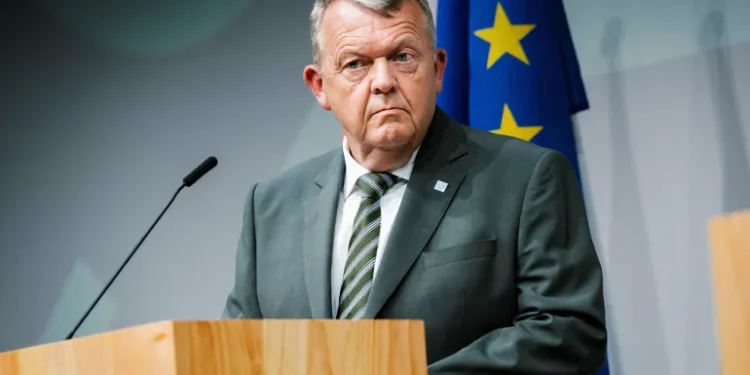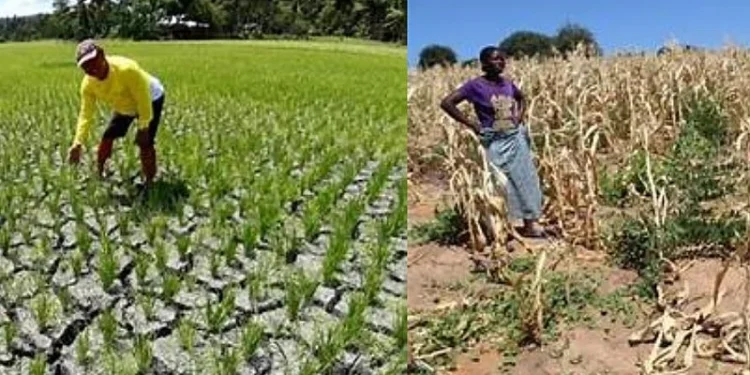Mining consultant Ing. Wisdom Edem Gomashie has welcomed the government’s proposal to review mining lease tenures under Ghana’s Minerals and Mining Act, insisting that the reform if properly structured will not destabilize the economy.
His remarks come amid heated debate over government’s proposal to cut mining lease durations from 30 years to 15 years, a move strongly opposed by the Ghana Chamber of Mines, which has warned that such changes could discourage investment and weaken Ghana’s competitiveness.
Speaking with the Vaultz News on the ongoing discussions, Ing. Gomashie argued that the review offers Ghana an important chance to periodically reassess mining agreements and realign them with the nation’s changing fiscal and developmental priorities.
“It will not collapse any economy. We can discuss the perspectives and make exceptions, but it is a great step.”
Mining consultant Ing. Wisdom Edem Gomashie

The mining expert stressed that lease reforms should not be seen solely as a threat to investor confidence but rather as a mechanism for ensuring that Ghana’s mineral wealth continues to serve national interests in the long run.
“When passed, it will give governments the opportunity to review mining agreements at intervals and match changes of the country’s fiscal landscape.”
Mining consultant Ing. Wisdom Edem Gomashie
According to Ing. Gomashie, the current 30-year lease structure gives companies an extended period of control over mineral resources with limited opportunities for the state to renegotiate terms.
A shorter tenure, coupled with clear renewal mechanisms, could ensure that agreements evolve in line with economic realities.
Balancing Investor Security and National Interest
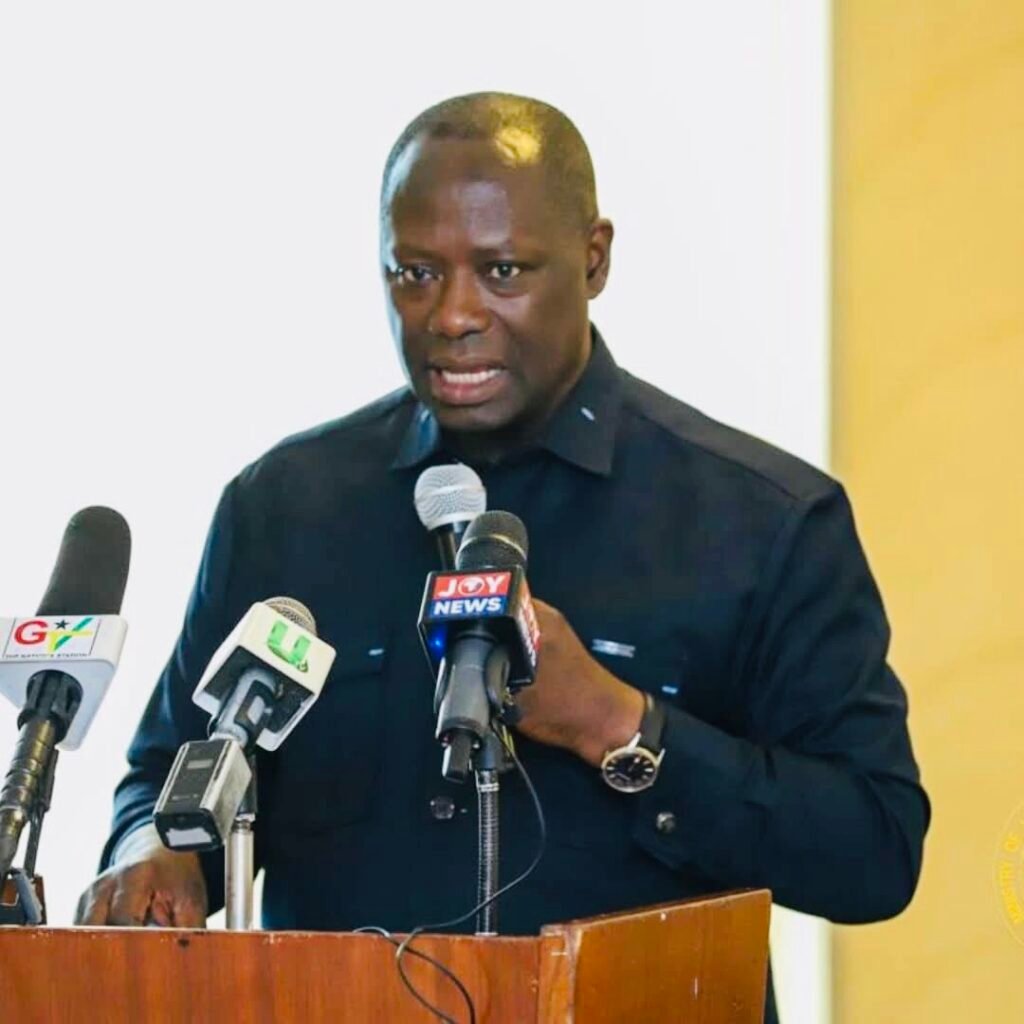
At the heart of the debate lies the challenge of striking a balance between predictability for investors and flexibility for the state.
Ing. Gomashie acknowledged that mining is a capital-intensive venture, requiring huge upfront investments and long payback periods.
However, he maintained that Ghana can design lease agreements that safeguard both investor confidence and national interest.
He suggested that renewal clauses, project-specific considerations, and fiscal adjustment windows could provide the flexibility government needs while still giving companies the security required to commit billions of dollars into mining projects.
“Mining leases do not have to be rigid.
“They can be structured in a way that allows governments to adapt fiscal and regulatory frameworks without undermining the viability of projects. A win-win arrangement is possible.”
Mining consultant Ing. Wisdom Edem Gomashie
Ing,. Gomashie’s position stands in contrast to that of the Ghana Chamber of Mines, which has consistently warned against halving the tenure of mining leases.
At a press briefing earlier, Chamber CEO Ing. Dr. Kenneth Ashigbey said the proposed amendment would shorten the window for recouping investments and could lead to high-grading of deposits, reduced exploration, and weaker community benefits.
Dr. Ashigbey warned that Ghana could lose out to regional competitors such as Côte d’Ivoire and Burkina Faso, where lease terms are linked to project economics rather than rigid timeframes.
Divisive but Necessary Debate

The debate over lease tenure is part of a broader review of the Minerals and Mining Act, which also proposes reducing stability agreements from 15 years to 5 years, abolishing development agreements for large-scale projects, and shortening prospecting licences.
While industry players fear these measures will deter long-term investment, reform advocates like Gomashie believe they are essential for giving government the flexibility needed to respond to shifting economic priorities.
“This is not about punishing investors.
“It is about ensuring that the wealth beneath our soil translates into sustainable development for Ghanaians. Investors will adapt if the rules are clear and consistently applied.”
Mining consultant Ing. Wisdom Edem Gomashie
With consultations ongoing, the final shape of Ghana’s mining reforms remains uncertain. What is clear, however, is that the conversation is exposing long-standing tensions between attracting foreign capital and maximizing national benefits.
As government weighs its options, stakeholders across the mining value chain from large multinationals to small-scale operators and host communities will be watching closely to see whether the reforms strengthen Ghana’s mining industry or risk unsettling one of the nation’s most vital economic sectors.
READ ALSO: A Smart Move to Save the Cedi – Women in Forex Ghana Prez Hails BoG Directive







